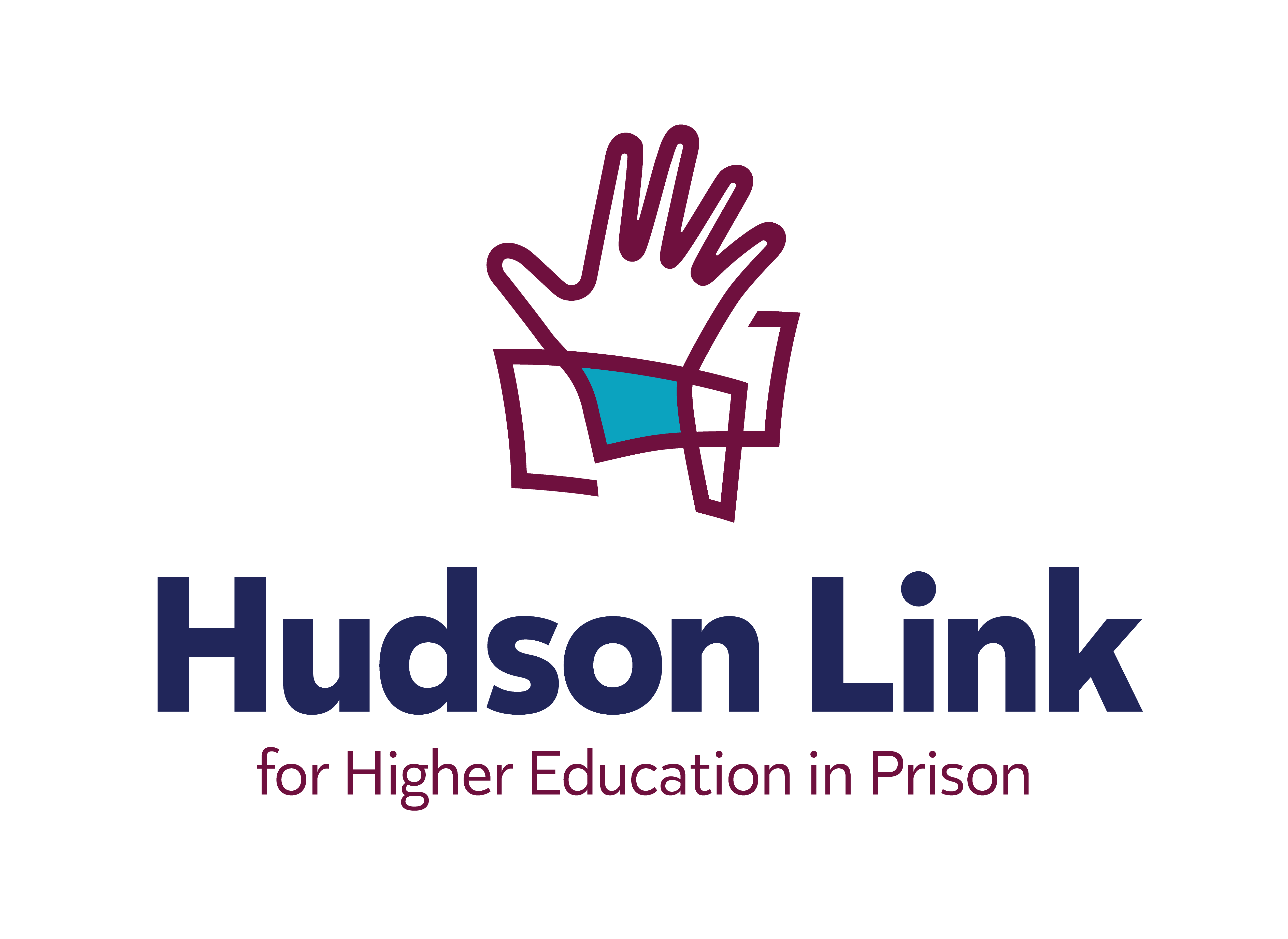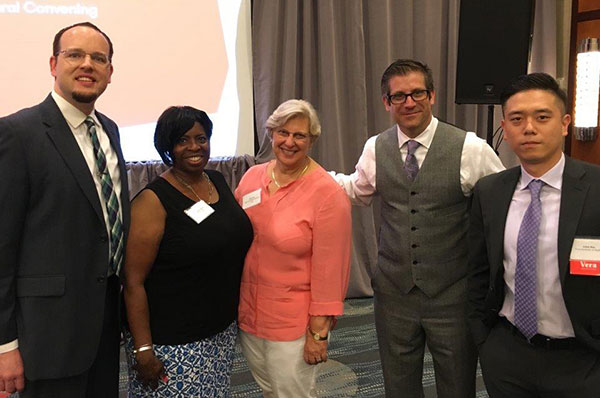US Department of Education launches college funding for incarcerated students
Hudson Link for Higher Education in Prison Executive Director Sean Pica is in Washington, DC today at the historic announcement of the Second Chance Pell Pilot Program, which will allow incarcerated students to receive federal Pell Grant funding for postsecondary education. Hudson Link and its educational partners, Nyack and Mercy Colleges, were selected for participation in the program by the U.S. Department of Education from more than 200 applicants in 48 states. The Department of Education has selected a total of 69 colleges to provide postsecondary education to nearly 12,000 students in more than 100 state and federal prisons nationwide through the Second Chance Pell Pilot Program.

The meeting, which is hosted by the U.S. Department of Education, the U.S. Department of Justice’s Bureau of Justice Assistance, and the Vera Institute of Justice (Vera), features keynote presentations by Deputy Attorney General Sally Q. Yates and U.S. Department of Education Secretary John B. King, who will also moderate a panel of students describing their college experiences in prison.
“Education is the tool that has undeniably been used by incarcerated students to shape a different, more productive future for them and their families,” said Pica, a member of New York State Governor Andrew M. Cuomo’s Council on Reentry and Reintegration.
Pell Grant eligibility for students in state and federal prisons was eliminated in 1994 as part of the Violent Crime Control and Law Enforcement Act. The Department of Education announced the Second Chance Pell Pilot Program to restore educational access for qualified individuals, improving their chances of leading successful and productive lives post-release.
Postsecondary and correctional leaders from the selected pilot programs shared ideas and heard from leaders in the field of correctional education during the daylong conference for information on developing and implementing new programs or expanding existing ones.
Pica and Michael Capra, Superintendent of Sing Sing Correctional Facility (NYS Department of Corrections and Community Supervision) presented during a panel titled “Correctional Operations Support of Quality Education,” which discussed the relationship between corrections and college partners in successfully implementing an educational program. Facilitated by Andre Bethea, policy advisor with the Bureau of Justice Assistance, the discussion covered correctional operations, training, security clearances and other topics, with a focus on sustaining relationships and redefining roles in correctional settings.
Hudson Link’s college program was profiled in a video shown at the Second Chance Pell Inaugural Convening Welcome Reception. To view the video, click here.
“Expanding educational opportunity for people who are incarcerated not only improves their lives, but strengthens our communities by preparing them to contribute to society rather than return to prison,” said Fred Patrick, director of Vera’s Center on Sentencing and Corrections. “We are thrilled that Hudson Link for Higher Education in Prison is a partner in this important initiative to restore and expand access to college in prison.”
With support from the U.S. Department of Justice, Bureau of Justice Assistance, Vera is providing technical assistance to the selected Second Chance Pell sites as part of the Expanding Access to Postsecondary Education Project. The project aims to facilitate the implementation and scaling up of quality higher education programs in prisons and those that work with students after they return home, and to assist with the development of policies, procedures, and practices to increase the participation of incarcerated and formerly incarcerated individuals in these programs.
Founded in 1998, Ossining-based Hudson Link is the only non-profit agency in the nation staffed by formerly incarcerated persons that provides college education, life skills and re-entry support to incarcerated men and women to help them make a positive impact on their own lives, their families and communities, resulting in lower rates of recidivism, incarceration and poverty.
Education has shown to be a key link in preventing the formerly incarcerated from reoffending. With more than 500 Hudson Link alumni released from prison since 2001, the agency’s recidivism rate remains astoundingly low at less than four-percent.



